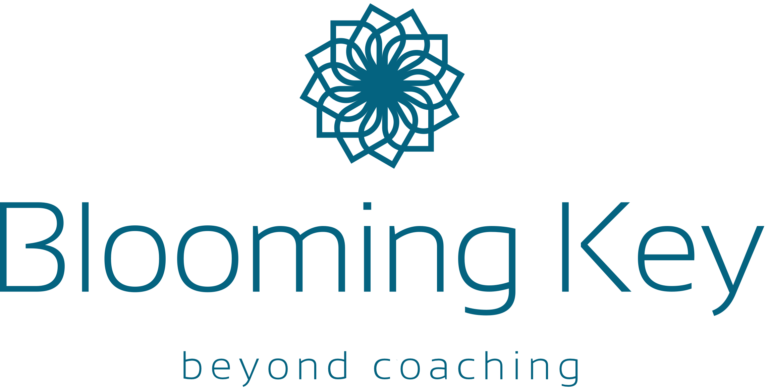As human beings, we all have a basic need for connection and belonging. We want to feel like we matter, that we have a purpose and that others value us. However, when this need becomes an overpowering desire to feel needed, it can create issues that impact our mental and emotional well-being. Let’s take a closer look at some reasons why a person may feel the need to be needed and what can be done to overcome it.
Low Self-Esteem
A person with low self-esteem may believe they don’t have much to offer, so they seek validation by being needed by others. To overcome this, it’s essential to build self-esteem by identifying and challenging negative self-talk, focusing on strengths and accomplishments, setting and achieving goals, and engaging in self-care activities that promote positive feelings about oneself.
Lack of Purpose
If a person does not have a sense of purpose or direction in life, they may try to find it by being needed by others. Finding purpose can involve exploring one’s interests, values, and goals, and finding ways to use those things to contribute to something greater than oneself, such as a cause or community.

Codependency
A codependent person may feel like they need to be needed by others to feel valuable or important. Overcoming codependency can involve:
- Developing healthy boundaries.
- Learning to say “no” when necessary.
- Practicing self-care and self-compassion.
Fear of Abandonment
A person afraid of being abandoned may try to make themselves indispensable to others to prevent them from leaving. Addressing the fear of abandonment can involve examining the underlying beliefs and emotions that fuel the fear, challenging negative thought patterns, and practising self soothing and relaxation techniques to reduce anxiety.
Control Issues
A person with control issues may feel the need to be needed to maintain control over a situation or relationship. Overcoming control issues can involve:
- Examining the reasons behind the need for control.
- Learning to let go of things that are outside of one’s control.
- Practising mindfulness and self-awareness to manage emotions and reactions.
Feeling needed is a natural and healthy human desire. However, when it becomes a persistent need that dominates a person’s thoughts and behaviours, it can be a sign that deeper issues need to be addressed. Individuals can find greater fulfilment and satisfaction in life by identifying and addressing the underlying issues behind the need to be needed. As a mental fitness coach, I work with clients to develop self-awareness, identify negative thought patterns, and provide tools and strategies for improving mental and emotional well-being. If you are struggling with the need to be needed or any other mental health issues, please reach out for support. Together, we can achieve mental fitness and find greater joy and fulfillment in life.






